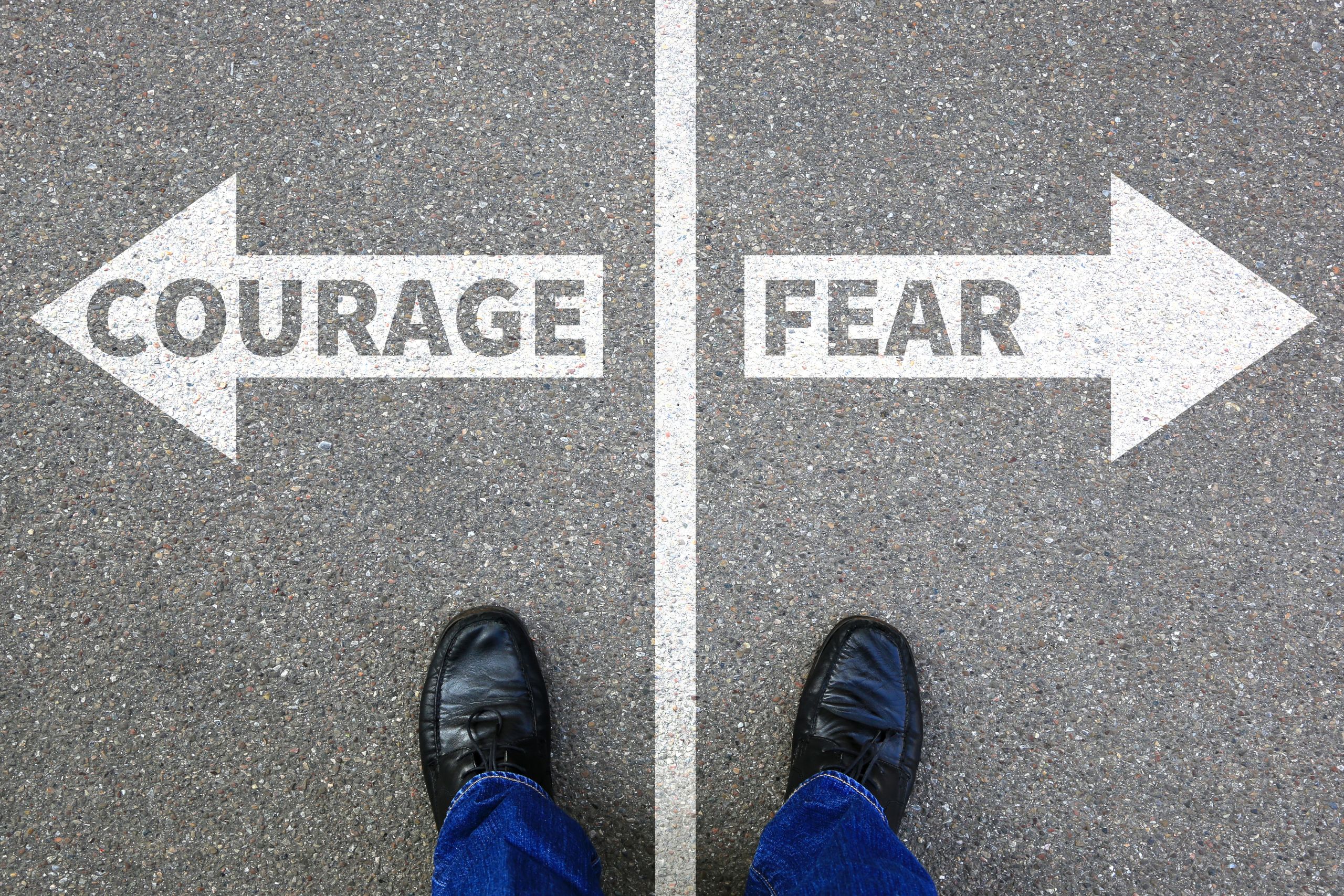Psychological safety and its importance for the well-being of a business
In today’s fast-paced and competitive business world, organizations are constantly seeking ways to enhance their productivity, creativity, and overall performance. While various strategies and techniques are employed, one critical yet often overlooked factor that can significantly impact business success is psychological safety.
Psychological safety refers to the perception of employees that they are safe to express their thoughts, ideas, concerns, and opinions without fear of negative consequences such as ridicule, criticism, or retribution. A psychologically safe workplace is an environment where employees feel valued, respected, and supported, and where they can take risks, be vulnerable, and engage in open and honest communication with their colleagues and employers.
Nowadays, psychological safety is a key factor in a healthy work environment, because it nurtures employee well-being. When employees feel psychologically safe, they are more likely to experience lower levels of stress, burnout, and anxiety, leading to improved mental health and overall well-being. This, in turn, instigates higher job satisfaction, engagement, employee retention and reducing turnover rates in general.
Psychological safety is also a key factor when it comes to creativity and innovation, because when being in an environment where it feels safe to voice ideas and opinions, employees are more likely to share diverse perspectives, challenge the status quo, and contribute to innovative solutions. Consequently, employees are prone to experience an uptick in creativity, problem-solving, and innovation, all of which are indispensable for achieving growth and competitiveness in the dynamic and ever-changing market of today.
When employees feel psychologically safe, it can improve how they work together as a team. This is because in an environment where everyone feels comfortable and supported, people are more likely to share ideas, knowledge and help each other out. Respectively, this creates a culture of trust, respect and inclusivity, which helps the team work together more effectively, reduces conflict and ultimately improves the overall performance of the team.
Moreover, feeling psychologically safe at work can actually help employees learn and develop new skills. When employees feel comfortable asking questions, seeking feedback, and admitting mistakes without worrying about any negative consequences, they are more likely to engage in continuous learning and development. Therefore, this can lead to improved skills, competencies, and adaptability, which are crucial in today’s rapidly changing business environment.
In summary, psychological safety plays a crucial role in a business’s well-being. Companies that make it a priority to create a psychologically safe environment tend to have happier, more engaged, and more loyal employees. As a result, they can enjoy better business performance overall. Given the importance of succeeding in today’s business world, leaders and organizations need to recognize the significance of psychological safety and make it a fundamental part of their culture.









